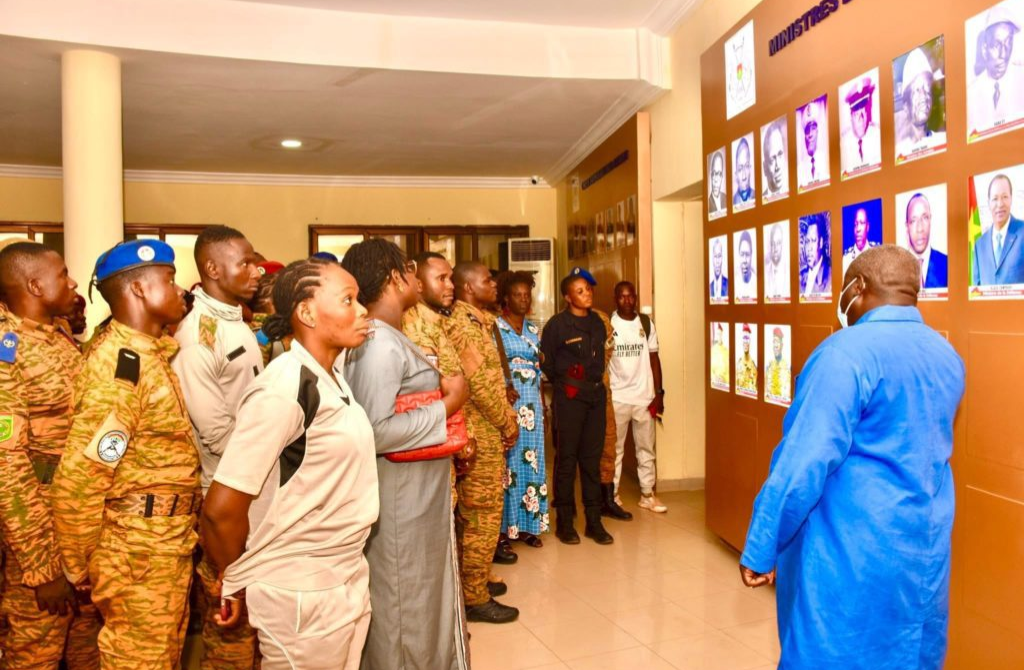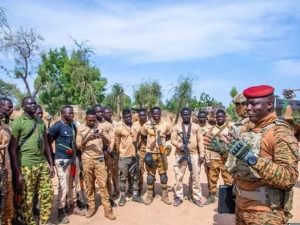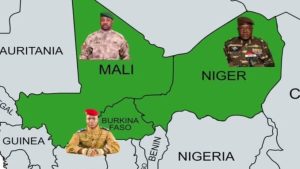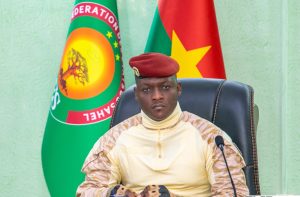Burkina Faso: National history as a foundation for patriotic mobilisation and rebuilding

Confronting the security crisis and challenges to national cohesion, the Ministry of Defense and Veterans Affairs has taken a significant step by screening the short film “The Reconstitution of Upper Volta, 1947” on October 17, 2025, at the Army Museum. This act, far from being trivial, transcends the cultural sphere to establish itself as a strategic tool for mobilization, identity-building, and national refoundation.
The memory of Upper Volta’s reconstitution after its colonial dissolution in 1932 embodies a victorious struggle for territorial and political recognition.
Invoking this history today frames the actions of the Defense and Security Forces (FDS) and the Volunteers for the Defense of the Homeland (VDP) within a historical continuum.
The fight for unity, once led by political figures, is now carried on by armed citizens. This parallel gives meaning to current sacrifices and reinforces the legitimacy of the defense effort.
The political message conveyed by this screening is twofold. On one hand, it aims to reactivate a positive national narrative that of a people capable of rising against adversity, restoring its unity, and reclaiming its dignity.
On the other hand, the state affirms that the ongoing national refoundation draws its strength from a shared, accessible, and mobilizing memory. The rebirth of the past becomes a mirror for the resilience demanded today.
This initiative also transforms the image of military institutions. By opening its doors to the public for a foundational narrative, the Army Museum becomes a site for civic anchoring.
The FDS are reaffirmed as heirs to this history, actors of unity, and guarantors of sovereignty.
This symbolic shift from uniform to memory, from physical defense to identity defense marks a turning point in the state’s public communication.
Leveraging history as a tool for patriotic mobilization strengthens popular support for the national effort. It serves as a powerful reminder that Burkina Faso’s future rests as much on memory as it does on action
Emile YEMPABE






